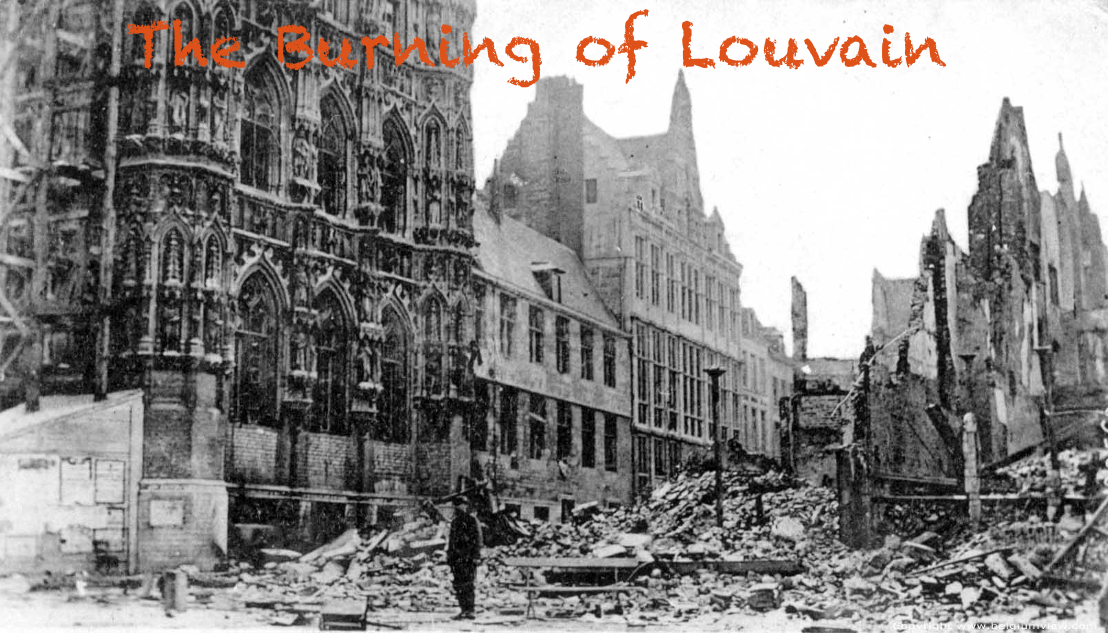Today in History: September 1, 1939 – Germany Invades Poland
Today in History: September 1, 1939 – Germany Invades Poland On September 1, 1939, despite having already taken over Austria, despite having been handed land… Read More »Today in History: September 1, 1939 – Germany Invades Poland

